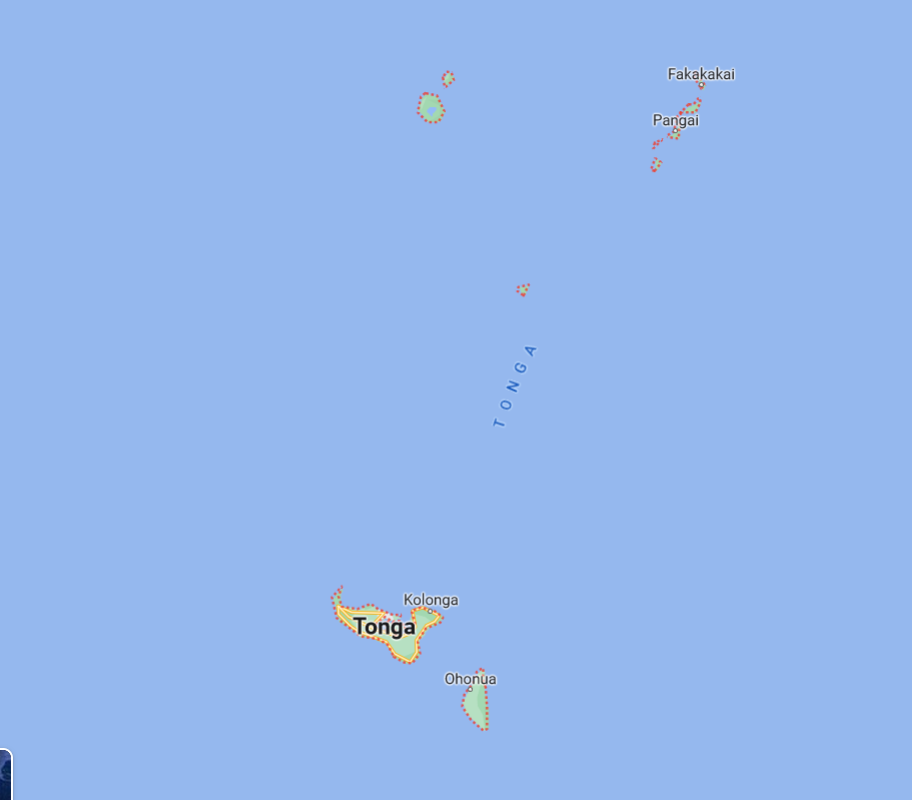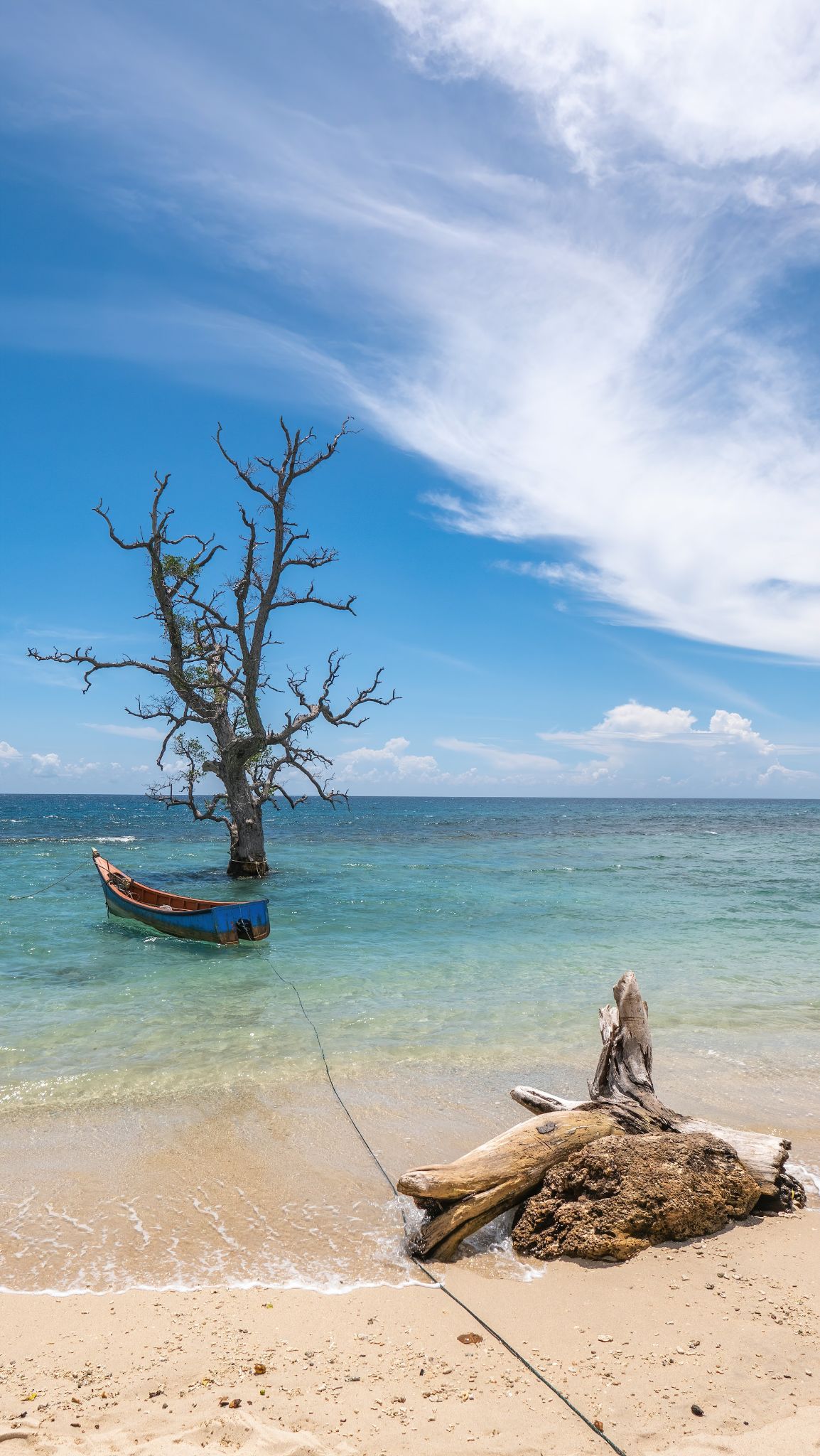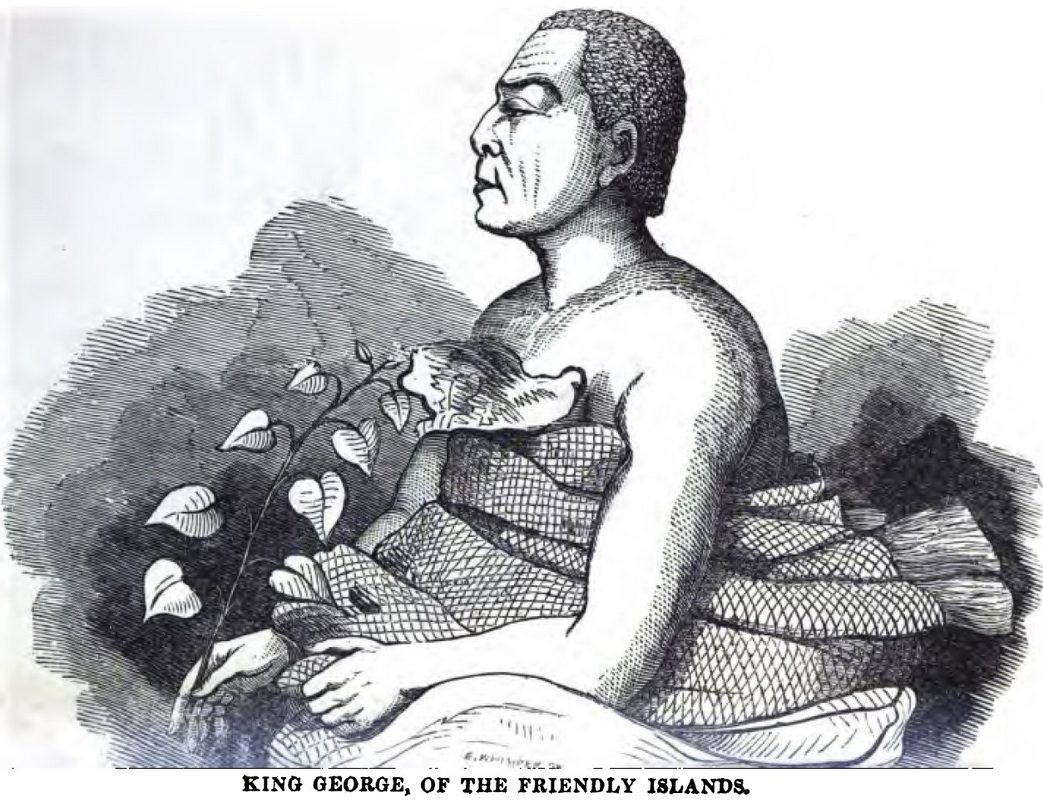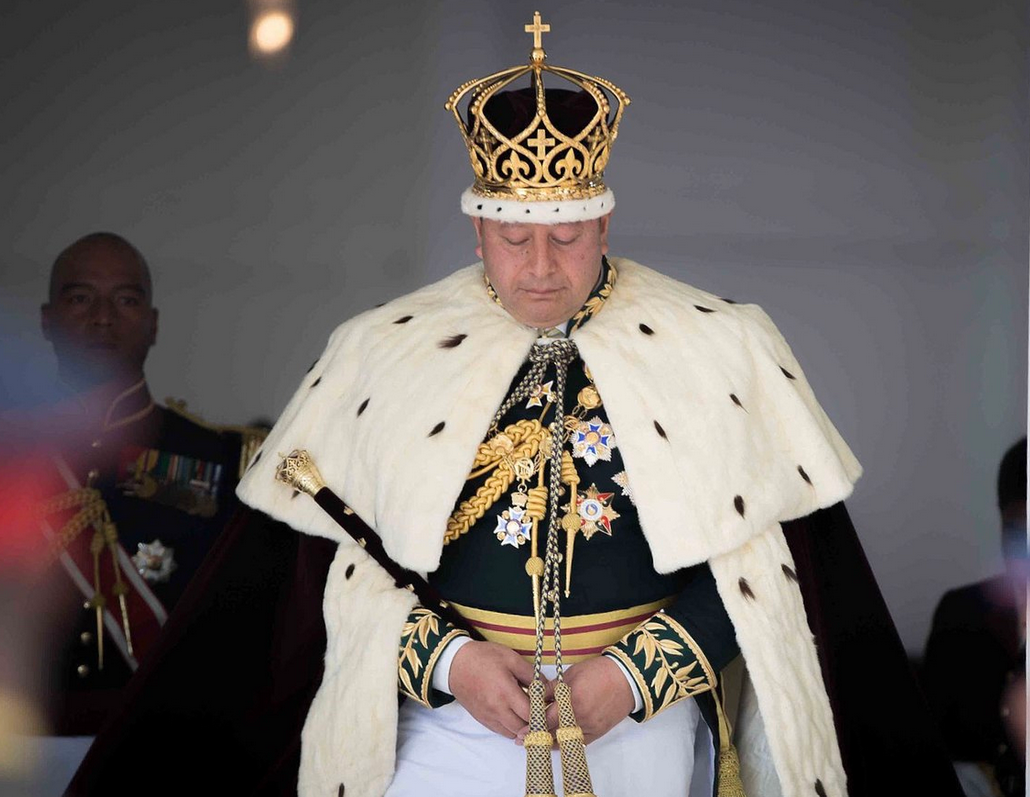What is Tonga DNA Ethnicity on Ancestry?
The results of our AncestryDNA tests may sometimes be what we expect or on occasion may be a big surprise. Either way, often we need a little more information regarding some of the regions that arise in our ethnicity estimates.

One region that is not at all uncommon is the Tonga DNA region. Those who still live in this region already understand all about its history and culture. There are others, however, who may never have even visited or in fact been aware that they have ancestors from that area.
In this post we will go into more detail with regards to the history, geography and culture of the Tonga region. We will also discuss what it means to be from this region and how easy or difficult it might be to trace our roots in the Tonga Region.
What Is the Tonga DNA Region?
The Tonga DNA region is located in the South Pacific and focuses on the Islands of the Kingdom of Tonga. Of the 171 islands that make up Tonga 45 are inhabited. Across these islands according to Johnson’s Tribune as of 2021 the islands had a population of 104,494. The majority of Tonga’s inhabitants reside on the main island of Tongatapu.
This chain of islands is surrounded by Fiji to the northwest; Samoa to the northeast; New Caledonia to the west; Niue to the east; and New Zealand to the southwest.

Tonga Region History
Archaeological sites in Tonga indicate the first peoples to make their home on the islands were part of the Lapita culture. This is an Austronesian peoples who originally came from Taiwan. They were a seafaring society who made their way to Tonga in a gradual migration.
It is likely that Austronesians who left Taiwan first settled in the Philippines becoming the Lapita culture. Some of these groups then moved on to Melanesia again settling in the islands of the region. Over time groups from Melanesia would make their way further east and found the region we call Tonga today.
It is estimated that the Lapita first arrived in Tonga between 1,500 – 1,000 BC although the first confirmed major town Nukuleka dates back roughly to 888 BC. Tonga’s prehistory was passed down orally and of course held elements of myth.
Connections With Neighboring Peoples
Evidence suggests that these early peoples were very adept at sailing which seems to have allowed them to travel between the local islands. Sociocultural and genetic ties appear to exist between Samoa, Fiji, and Tonga. This would indicate not only trade between these island nations but also intermarriage.
Tongan Empire
The reputation of the Tongans from the 12th century AD onward indicates they were a force to be reckoned with. Their impact on neighboring nations along with this reputation has led some historians to speak of the kingdom as being an empire at one point. Centuries later in the 15th and 17th centuries Tonga was host to civil wars and internal conflicts.
Europeans
The first interactions between the Tongan peoples and Europeans was in 1616. The Dutch vessel Eendracht, captained by Willem Schouten, would make a short visit to the islands seeking trade. This first interaction would lead to other Dutch explorers visiting, including Jacob Le Maire and Abel Tasman.
Other notable European visitors would include James Cook of the British Royal Navy on three occasions; explorer Francisco Mourelle de la Rúa; Alessandro Malaspina; London missionaries; and a Wesleyan Methodist minister, Reverend Walter Lawry.

The whaling industry in particular played a part in the early economic development of Tonga especially from American whalers. They would arrive on the islands seeking to resupply their vessels and eventually would start to hire islanders for their crews.
How Did You Get Tonga Region DNA?
If you already know that you had family who came from Tonga or any of the bordering states then you know why you have Tonga region DNA. If this result came as a surprise you may not know how exactly you came by DNA from this region.
If you have a sizable percentage of DNA from this region then it is likely you have an ancestor who was born in or close to the country of Tonga.
Maintaining a Kingdom
European contact in the Pacific Islands usually led to the island nations at least for some period being under the control of a Foreign nation. This did not happen to Tonga however as in 1845, an ambitious young Tongan warrior by the name of Tāufaʻāhau united Tonga into a kingdom.
Tāufaʻāhau held the chiefly title of Tuʻi Kanokupolu, and was baptized by Methodist missionaries. His baptismal name was Siaosi ("George"). This conversion allowed the king to gain support from missionary Shirley Waldemar Baker in 1875, to declare Tonga a constitutional monarchy. It would formally adopt the Western royal style which would limit the power of the chiefs in Tongan society.

In 1900 Tonga became a protected state under the Treaty of Friendship with Britain. This was as a result of European settlers and rival Tongan chiefs attempting to unsuccessfully oust the man who had succeeded Tāufaʻāhau as king.
The treaty cleverly ensured that no higher permanent representative on Tongan soil than a British consul would be permitted. In doing so this maintained the power of King of Tonga to control the islands This has also ensured that the Tongan monarchy has followed an uninterrupted succession of hereditary rulers.
Is the Result Accurate?
When it comes to ethnicity estimates the higher the percentage you have from a certain region the more likely it is to be accurate. If your percentage is low, however, then it is harder to pinpoint exactly where your most recent ancestors came from.
A low result could mean a distant ancestor from that region. It is best to focus on your highest rated region's matches to determine where your ancestors came from more recently. A low percentage can often be hard to locate because the ancestor in question could be many generations back in your tree.
How to Research my Ancestry from These Regions
The results of a DNA ethnicity test are of course a great place to start especially if there is an unexpected result found in the report. As always of course the DNA cannot tell the whole story and we need to actually do the research work.
A percentage on an ethnicity estimate means very little unless you follow through and start building up your family tree. The relevant ancestors may be several generations back and it may take a lot of research to discover who they were.

If you have specific regions mentioned in your report then you have a good idea of where your ancestor may have originated from. Ancestry DNA even has migratory information from some of these regions through to the final settlement places in the United States or elsewhere in the world.
Using Ancestry you may be able to determine not only who your ancestors were but where they are from in the region and perhaps the reason they decided to move.
Final Thoughts
The Tongan islands are unique in the Pacific region in that power over the nation has always remained in indigenous hands. They achieved this by conversion to methodism and making allies at the right time. Human history in Tonga only dates back a few thousand years and originates in Southeast Asia.
Link To or Reference This Page
We spent a lot of time downloading, cleaning, merging, and formatting the data that is shown on the site.
If you found the data or information on this page useful in your research, please use the tool below to properly cite or reference Name Census as the source. We appreciate your support!
-
<a href="https://namecensus.com/blog/what-is-tonga-dna-ethnicity-on-ancestry/">What is Tonga DNA Ethnicity on Ancestry?</a>
-
"What is Tonga DNA Ethnicity on Ancestry?". NameCensus.com. Accessed on May 7, 2024. https://namecensus.com/blog/what-is-tonga-dna-ethnicity-on-ancestry/.
-
"What is Tonga DNA Ethnicity on Ancestry?". NameCensus.com, https://namecensus.com/blog/what-is-tonga-dna-ethnicity-on-ancestry/. Accessed 7 May, 2024
-
What is Tonga DNA Ethnicity on Ancestry?. NameCensus.com. Retrieved from https://namecensus.com/blog/what-is-tonga-dna-ethnicity-on-ancestry/.
